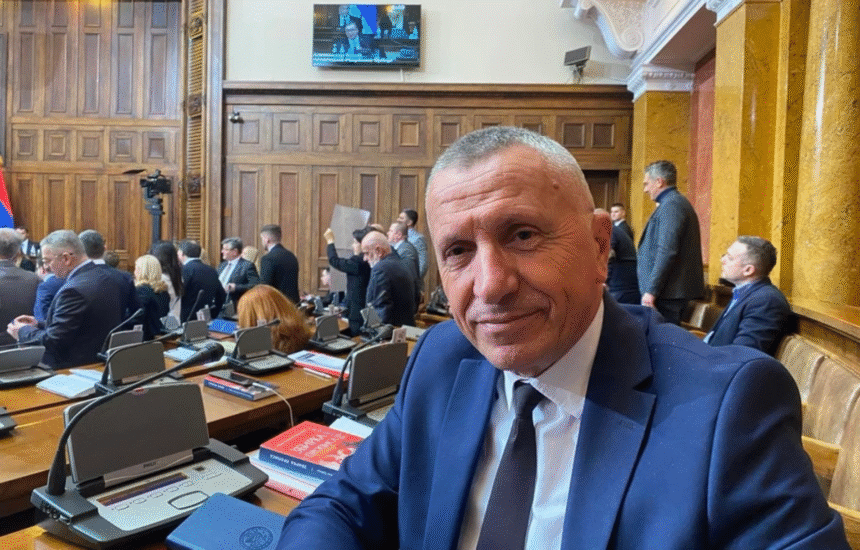August 24, 2025 – Presevo Valley — Albanian MP in the Serbian Parliament, Shaip Kamberi, has announced the launch of an online platform where citizens can report cases of address deactivation in the Preshevo Valley.
Kamberi described the practice of address deactivation by Serbian state authorities as a “sophisticated method of silent ethnic cleansing.”
“Report address deactivation on the Human Rights Council’s platform: pasivizimi.com. The deactivation of addresses, carried out for years by Serbian state authorities against Albanians in the Preshevo Valley, represents a sophisticated form of silent ethnic cleansing,” Kamberi stated.
Violation of Agreements
Kamberi emphasized that despite multiple agreements signed between Albanian political representatives and the Serbian government—with the mediation of international diplomats—Belgrade has failed to respect its commitments.
“Equal living conditions through fair and proportional integration into public institutions were the main points of three signed agreements. However, Serbia’s government has continuously violated and ignored them,” he added.
Administrative Discrimination
Instead of adopting affirmative measures to improve the position of Albanians, Kamberi accused the Serbian Ministry of Interior of misusing residency laws to strip thousands of Albanians of their addresses.
This process, he said, results in:
- Loss of civil rights
- Disenfranchisement and denial of the right to vote
- Distorted demographic representation
“Through this selective process, Belgrade aims to create a false demographic picture that does not reflect the reality on the ground,” Kamberi warned.
Impact on Political Representation
Kamberi highlighted the severe impact on local governance in Medvegja, where Albanian representation has dropped drastically:
- In 2018: 8 Albanian assembly members
- Today: Only 2 remain
He called this a deliberate mechanism of depopulation and political marginalization of Albanians in the region.
International Awareness Needed
Kamberi urged both the local community and the international community to recognize and act against what he described as a human rights violation and a crime.
“To eliminate this harmful process, we must raise awareness daily at both the national and international levels. Citizens affected by address deactivation should report their cases on the dedicated platform pasivizimi.com, which also provides legal advice. The strongest evidence is the testimony of the victims themselves,” he concluded.







